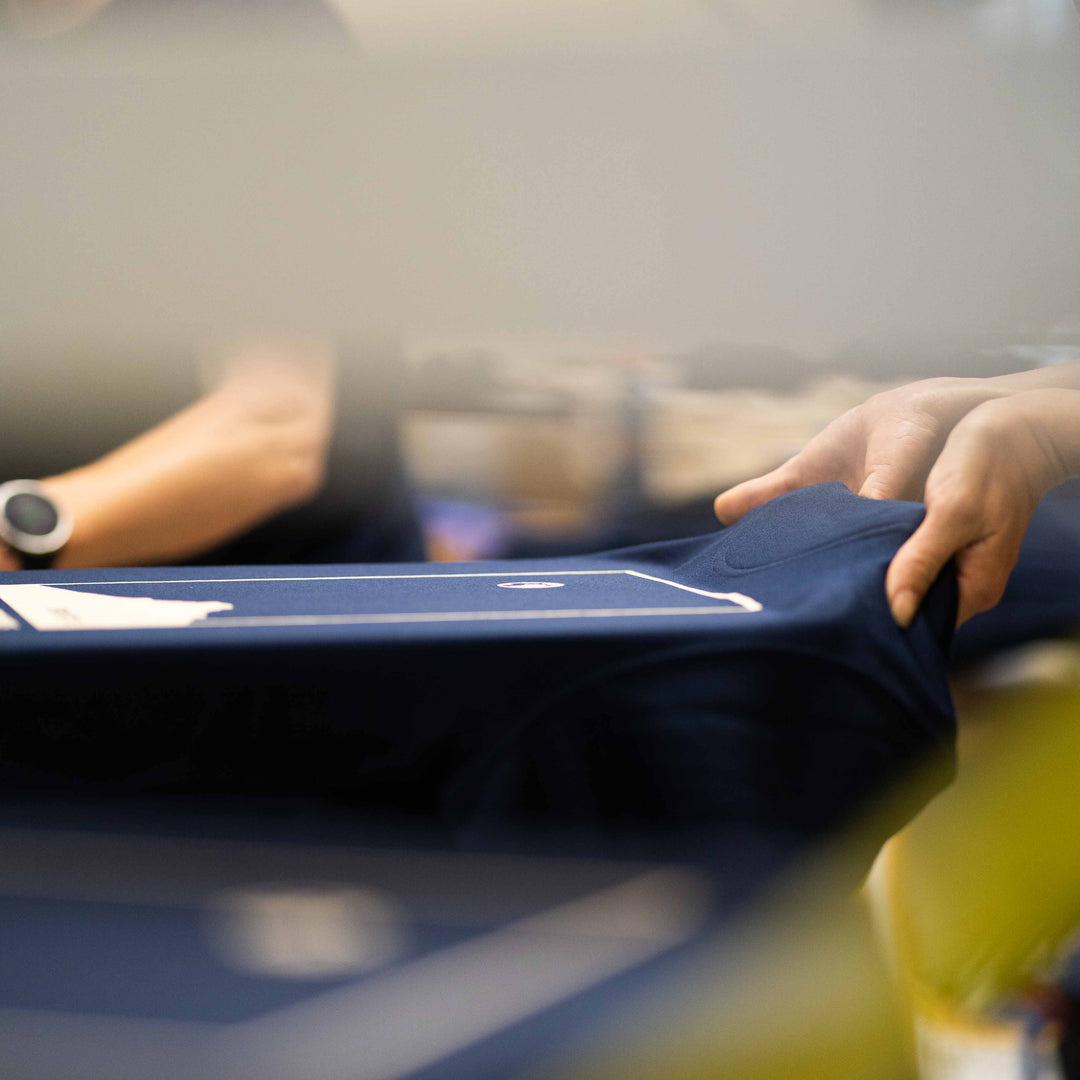If you’re trying to make clothing choices that are kinder to the planet and your skin, you’ve probably come across the term “organic cotton” more than once. The truth is, it can feel overwhelming to figure out if “organic” really means better and, if so, what makes it worth your while. There’s a lot beneath the surface (from health and environmental benefits to comfort and care), so let’s unpack what organic cotton is all about and see how it shapes up against traditional cotton.
What Sets Organic Cotton Apart
We hear the word “organic” thrown around a lot, but with cotton, it’s not just about a trend, it's about a different way of growing and making clothing. Organic cotton comes from plants grown without synthetic pesticides, fertilisers, or GMOs. That means fewer harsh chemicals for the earth, the farmers, and for you when you slip on that soft new tee.
Conventional cotton, on the other hand, is often heavily treated to maximise crop yields. This leads to a bigger environmental footprint; think soil depletion, water overuse, and chemical runoff into rivers. Choosing organic cotton is about stepping away from those impacts, leaning into a gentler way to dress yourself and the world.
Is Organic Cotton Really Better Than Regular Cotton?
The short answer is yes, for both you and the planet.
For the planet: Organic cotton farms often use less water because their soil holds moisture better and is healthier overall. The elimination of synthetic chemicals protects biodiversity (think bees, birds, and local wildlife), and there is less risk of water pollution. It’s a more circular system, designed to work in harmony with nature, not against it.
For your skin: Organic cotton is a favourite for people with allergies or sensitive skin. Without the residue from synthetic chemicals, it feels softer and is less likely to irritate. When you choose organic clothing, you’re reducing exposure to hidden nasties that can lurk in conventional fabrics.
For workers and communities: Growing organic cotton puts fewer toxins into the air, earth, and water, and the farmers themselves aren’t breathing in or handling dangerous substances. It’s a positive step toward a fairer world, supporting communities from the ground up.

100% Organic Cotton vs 100% Cotton: What’s the Difference?
It’s a question that comes up often: is 100% organic cotton the same as 100% cotton? While they might sound similar on a label, they mean very different things.
“100% cotton” just tells you that the material is entirely made from cotton fibres. It doesn’t say how that cotton was grown or processed. It could come from conventional farms using all sorts of chemicals. “100% organic cotton,” on the other hand, is certified as grown organically and processed according to strict environmental and health standards.
So, while both are pure cotton fibres, only organic cotton guarantees that eco-friendly approach and chemical-free growing process. If you want your clothes to reflect your values, choosing organic is a tangible way to make a difference.
Does Organic Cotton Shrink When Washed?
You care about the impact your clothes have, but you also want them to last. So, does organic cotton shrink? The honest answer is: it might, but not more than conventional cotton.
Cotton, by nature, is prone to some shrinkage the first time it’s washed and dried, especially if you use high heat. The key is to follow care instructions (often a cool wash and line dry are best) to keep your favourite organic cotton t shirt fitting just right. Many ethical brands (like us) pre-wash their garments to minimise surprises in the wash, so always check your labels for peace of mind.
Quality, Comfort, and Price: The Real Story
Making the switch to organic cotton doesn’t mean giving up comfort or quality. In fact, many find organic cotton feels softer and more breathable, with a natural stretch that moves with you. It holds dye well, too, so your tees keep their colour for years of adventures, walks, and lazy mornings.
Organic pieces can sometimes cost a little more up front. That extra cost goes toward better farming practices, fair wages, and planet-friendly processes. Over time, you’re investing in clothing that’s built to last and does good from seed to shirt.
Making the Switch: Why It Matters
Choosing organic cotton is about more than just fabric. It’s a chance to extend your values into what you wear, to be part of a movement that respects nature and people along the supply chain. That’s why, at dewerstone, we make our organic cotton t shirts and hoodies with the same care for the planet as for the people who’ll wear them.
It’s a decision that leaves a lighter footprint behind, so you can feel as good about your impact as you do slipping on a fresh tee.
Final thoughts..
Organic cotton is more than just a buzzword or a marketing trick. It’s a return to clothing that works with the earth, not against it. From being gentler on skin and kinder to farmers, to protecting rivers and wildlife, it’s a small change that makes a world of difference.
So, next time you’re choosing your adventure gear or lounging at home, you can feel confident that organic cotton really does offer something better. Every choice counts, and together, we’re building a more sustainable future, one tee at a time.









Leave a comment